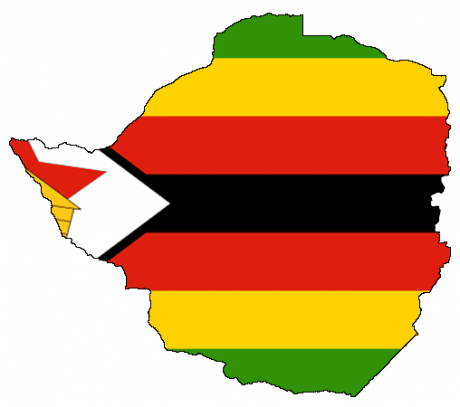
By Jonathan Maphenduka
THE world is in the grip of unrest and conflict in many spheres of the universe and what does that mean for landlocked and exposed Zimbabwe? There appears to be a potentially dangerous proxy conflict in northern Mozambique, which threatens to push Zimbabwe to the firing line. Further to the north Kenya is already embroiled in a shooting proxy war with Al Shabaab terrorists from Somalia, who attacked a college in western Kenya and are continuing to wreak havoc in the country, with daring and intermittent attacks on the capital Mogadishu.
The situation in Somalia has been gravely exacerbated by the presence of super power forces who use drones to attack innocent civilians. An African peace-keeping force has just left Somalia after years of peacekeeping in this Horn of Africa which has been beleaguered by terrorists for over 20 years. It is not clear yet if the African Union will assign another peace-keeping force in Somalia.
In Zimbabwe the geopolitical position of the country is a source of extreme worry because it offers little lines in the event of an organised attack on the country by ISIS terrorists from the north. Despite the mutual defence pact signed by Sadc, defence lines in the region do not afford Zimbabwe impregnable defence for several reasonable reasons.
In the north and north-west Zimbabwe shares borders with Mozambique, Malawi, Zambia and with the trio defence lines of Angola, Namibia and Botswana in west and with South Africa in the south. The Achilles’ heel in these defence lines is that two of the countries are already home for a super power’s military bases.
These countries were chosen to defend or protect superpower interests in the region in the event of an outbreak of violence with one or more Sadc states. The two countries are impotent to defend their sovereign rights under any circumstances. Should they enter a plea of sovereign rights of a state, they can be ignored and even told to toe the line of an invader.
This is the situation in Iraq just now following the invasion of the country in 2003. American forces, despite protestations by successive government of the country, remain in the country to continue destabilising the region.
Let me touch on the geo-political position of South Africa and its mutual agreement to defend any Sadc member state. Let’s say South Africa would defend a beleaguered Sadc state, how would its millions of white citizens react to a call to defend Sadc against an invader? Before attempting to answer a difficult question, let me say that the republic already has a white secessionist movement in the northwest of the country which is deadly opposed to any black government in power in the country. The AWB is known to training its young men for war.
- Chamisa under fire over US$120K donation
- Mavhunga puts DeMbare into Chibuku quarterfinals
- Pension funds bet on Cabora Bassa oilfields
- Councils defy govt fire tender directive
Keep Reading
Botswana is one of the two Sadc member states believed to be housing a foreign military base. There is also the potential danger from western Zimbabwe where the simmering so-called Ndebele question poses a potential danger to both Zimbabwe and the rest of Sadc.
There is, therefore, little to give comfort to all sectors of Sadc even before taking into account the reaction of the white population in the republic as a whole, with the threat of an abyss to engulf most (if not all) of the region a serious potential threat.
It is my contention that South Africa would be hard put to defend Sadc because of the difficulty it would face to homogenise its racial diversity under threat from a superpower.
l Jonathan Maphenduka contact 263 772 332 404











